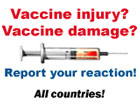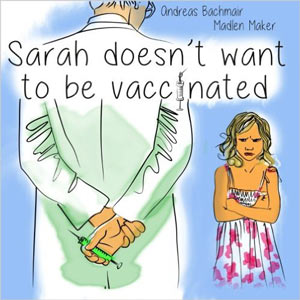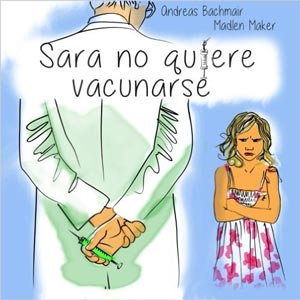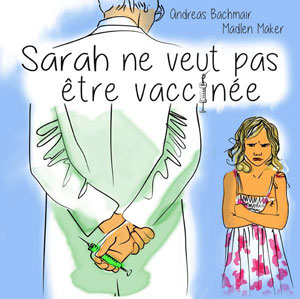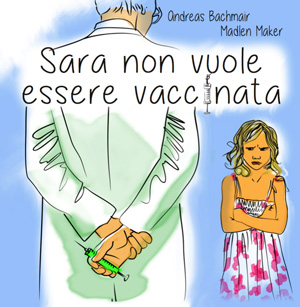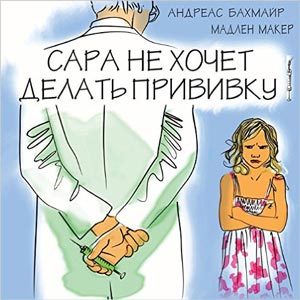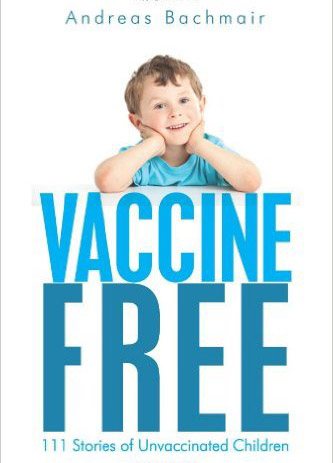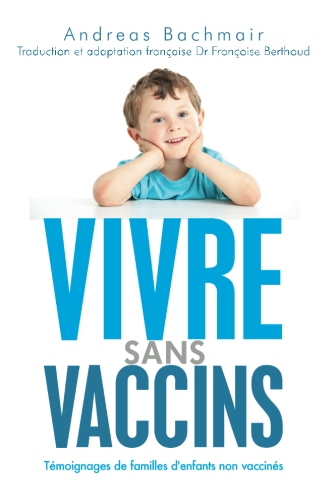Classical Homeopathy
A focus on people
Homeopathy (derived from the Greek word homoeos = similar and pathos = suffer) developed its own philosophy about the concept of what is generally understood to be sickness and therapy. The most important aspect about homeopathy is that it places humans completely at the center of its observations - at a time of increasing depersonalization and mass culture. Based on its principle of similarity and the phenomenon of individual, personified medications homoeopathy is paving the way to a more humane medicine. It is well worth breaking new ground along this path.
Similia Similibus Curentur
The principle of Similia Similibus Curentur ("may similar conditions be healed with similar things") is the basic principle of homeopathy. It means that a compound that causes problems in a healthy person can heal a sick person who has those same problems.
This principle was discovered 200 years ago by Samuel Hahnemann (1755-1843), a German doctor. He determined that when taken in large doses, cinchona bark - at the time the most effective compound for malaria - causes symptoms in sensitive people which were similar to malaria symptoms. Cinchona bark could thus have a healing effect due to the fact that it caused similar symptoms.
Today the principle of similarity remains the basis for homeopathy and continues to be confirmed in practice. It is therefore the application of a "law of nature".
Symptoms do not equal the disease
Homeopathy proceeds on the assumption that symptoms are not the disease to be combatted. They symbolize the dispute, signify the disturbance, are reactions to the causes for the disturbance which are all indications of independent, active regulatory processes in the body. If they are suppressed with the help of strong medications the body develops symptoms (generally more severe in nature) in order to remain in balance. By contrast homeopathy searches for the reason for the disease within the overall sophisticated human system within its physical and spiritual unity.
Individual Therapy
Disease is a collective term, a name. The conditions under which it develops vary from person to person and call for individual therapy. Even a disease that the same person experiences a second time does not encounter the same person and is thus not the same disease. Likewise, every sick person among various people with the same diagnosis has their own disease and therefore requires their own, individual therapy.
Individualize
Individualization is what homoeopathy is all about. It may sound like it is difficult to focus on each unique case but it isn't if you search for the pharmacological picture behind the person, the quasi personified homoeopathic remedy for this person.
This kind of individual procedure has to be supported by a suitable reservoire of remedies. Homeopathy has more than 1000 compounds at its disposal in various potencies, derived from plants, animals and minerals. Sometimes, but not often, homeopathically prepared remedies with a high potency (as for example penicillin or vaccinations) or bacteria are used.
Homeopathy as compared to mainstream medicine
Homeopathy is a completely different kind of treatment than what we know from mainstream medicine - and even traditional healing. Here people are used to take various medications like pain killers or cream for different afflictions - as for example elbow pains or itchy eyes
But homeopathy will supply you with a compound that will simultaneously minimize or heal a part or all of your afflications.
Who is homoeopathy suitable for?
Homeopathy can be administered at every stage of the disease. Frequently the therapy is for so-called chronic diseases. But even acute diseases which appear out of nowhere, like influenza, ear infections, sore throat, sprained joints, wounds, insect bites or diarrhea can be treated with homeopathic remedies. The following is a list of diseases/disturbances that are treated by homeopathy:
· Asthma
· Allergies
· Neurodermititis and other skin rashes
· Hyperactivity, ADHS
· Sleeping problems
· Rheumatic diseases
· Problems during and after pregnancies
· Vaccination damages
· Problems associated with menopause
· Migraine
· Pain
· Complications arising from accidents and operations
· Hormonal disturbances
· Problems that infants and small children have
· Psychiatric diseases, e.g. depression
Of course the list is in no way complete. People and their individual symptoms are always in the foreground and not just the disease in itself.


